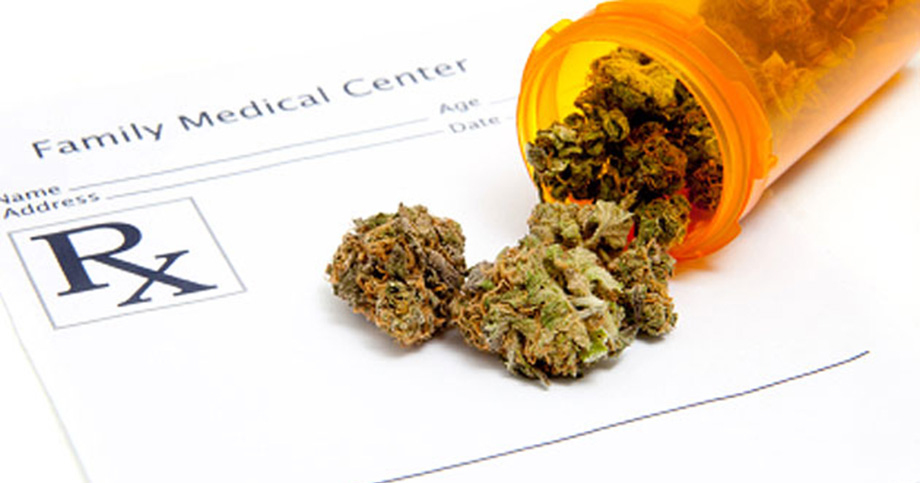Medical Cannabis Introduction
Cannabis has been used for thousands of years, with its roots dating back millennia, across all seven continents of the world.
The cannabis plant can be divided into two main strains: Sativa and Indica. Nowadays, almost all strains are hybrid and no pure Sativa or Indica can be found in most places.
Cannabinoids, active compounds in cannabis, have been studied for many years, and include compounds such as THC, CBG, CBC, CBD, CBN, CBL, THCv, among others.
Based on numerous archaeological findings and extensive documentation, it can be concluded that since the dawn of history, cannabis has been used as a medicinal plant in many different places on Earth, including during the Assyrian Empire.
After a period of 70 years in which the cannabis plant was banned for use or research and after the ban was lifted in countries such as the Netherlands, Israel and Uruguay, other countries began to reexamine the controversial plant’s medicinal value.
Today we can safely say that we are at the beginning of a new era with regard to cannabis and its components, in which many countries like the United States have begun to legitimize cannabis for medical and even recreational purposes. Many academic studies are being conducted in the cannabis field and extraordinary medical and scientific discoveries are published frequently. All of which have great social, economic and business potential.
Medical Cannabis – The Israeli Perspective
Israel is a pioneer country in the field of cannabis research and science. It is currently considered a global leader in clinical research, scientific research, product development, patient care, regulation, and quality. The two main active substances from the cannabis plant were discovered, isolated and studied by Professor Mechoulam and his research colleagues at the Hebrew University of Jerusalem in the 1960s.
Since Professor Mechoulam’s breakthrough, scientific research, novel discoveries and innovations in agriculture, as well as in clinical fields have been published in the last two decades. Israel is well known for its academic freedom, and encouragement of scientific research to examine the potential of the plant for medical purposes. Today, more than 140 potential active substances, as well as other cannabis-based substances, have been found to be safe and effective in the treatment of various types of diseases and medical conditions. The use of “full plant extracts” has been found to be more effective than single-molecule extracts. This has been coined as the “entourage effect”.
Medical Cannabis – Current Status
Cannabis is now completely legal in at least ten states in the United States and many more are on the way to legalization. Medical cannabis is legal in about half of all US States, and many others will be approving cannabis for medical purposes soon. Impressive financial data continues to flow from countries where cannabis has become legal in terms of sales, new job creation, state tax revenues, and the economic prosperity of service providers. This data supports the legal cannabis industries expansion both in the US, Europe, and other countries.
Cannabis products have been found to be effective for many diseases including epilepsy, post-traumatic stress disorder, Parkinson’s disease, migraines, multiple sclerosis, Crohn’s disease, chronic pain, certain types of cancers, Tourette’s syndrome and many others.
The psychoactive substance in cannabis is THC. All other substances such as CBD have no active psychoactive activity. In addition, the safety level of cannabis products is very high compared to other prescription drugs on the market. Active substances produced from the cannabis plant have minor toxicity and few side effects.
Medical Cannabis – Common Terms And Glossary
About Cannabis GxP consultancy
Cannabis GXP is proud to stand at the forefront of the Cannabis industry in Israel and worldwide thanks to many years of experience in these areas.
Our team is compelled to spread the message of the importance of cannabis science, regulation and standardization as the world enters a new era of cannabis legislation.
We aim to position our clients with their best foot forward when it comes to anything and everything cannabis related.
Our vast expertise allows us to assist companies in a wide range of services and needs: Anything from Cannabis R&D, growing and manufacturing, new products development, facility design, technology, Quality Assurance, Good Practices (GAP/GMP/GLP/GDP/GCP), staff training, local and global regulations.
Cannabis GxP is a subsidiary company of Bio-Chem Ltd. (2007), a consultancy firm for the Pharmaceutical field, medical devices, Cosmetics and food supplements industry based in Israel.
Our cannabis consultancy services include:
If you need one or several of our services, we will be more than happy to assist.
Please do not hesitate to contact us for further information.
